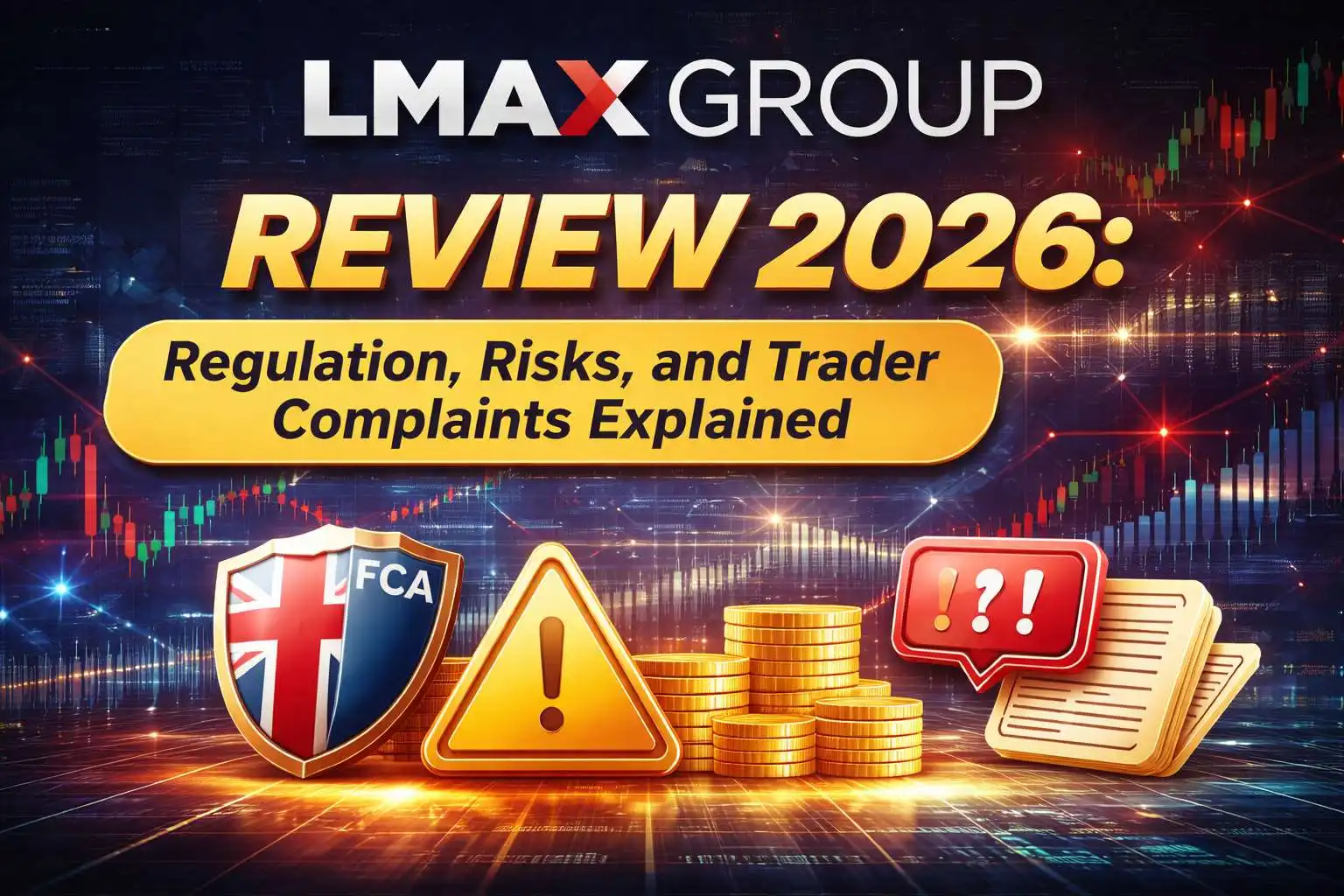Abstract:A 37-year-old Singaporean businessman, Ng Yu Zhi, is currently on trial for allegedly orchestrating one of the largest investment frauds in the country's history. The scheme reportedly defrauded more than 900 investors of SGD1.5 billion (approximately US$1.1 billion) between 2016 and 2021.

A 37-year-old Singaporean businessman, Ng Yu Zhi, is currently on trial for allegedly orchestrating one of the largest investment frauds in the country's history. The scheme reportedly defrauded more than 900 investors of SGD1.5 billion (approximately US$1.1 billion) between 2016 and 2021.
According to prosecutors, Ng misled investors by promoting a fictitious nickel trading venture. He claimed to have secured a lucrative deal with a major Australian mining company to purchase nickel at a discounted rate. However, no such deal existed. Instead, Ng operated a Ponzi-like structure, using funds from new investors to pay earlier participants, creating an illusion of profitability.
Victims of the scam included prominent figures such as wealth fund managers, highlighting the scale and sophistication of the operation. Prosecutors revealed that Ng funnelled approximately SGD481 million—nearly one-third of the defrauded funds—into his extravagant lifestyle.

Luxury assets purchased with the misappropriated money included four high-end properties valued at SGD20 million and artworks worth SGD5 million. He also acquired several luxury vehicles, such as a Porsche 911 GT3, Rolls-Royce Phantom, Lamborghini Aventador SVJ, and an Aston Martin Rapide.
Authorities have charged Ng with 42 offences, including fraudulent trading, cheating, forgery, criminal breach of trust, and money laundering. He has pleaded not guilty to all charges.
The case underscores the growing problem of financial fraud in Singapore. According to a recent police report, the number of scam cases in the country rose by more than 16% year-on-year in the first half of 2024, reaching 26,587 incidents. These scams collectively caused losses exceeding SGD385.6 million.
Prosecutors described Ngs scheme as a well-crafted facade designed to deceive investors into believing in a profitable nickel trading enterprise. They emphasised that the supposed business was nothing more than a fabrication. The trial is expected to delve into the intricacies of the fraud, shedding light on how Ng managed to sustain the scheme for nearly five years.











